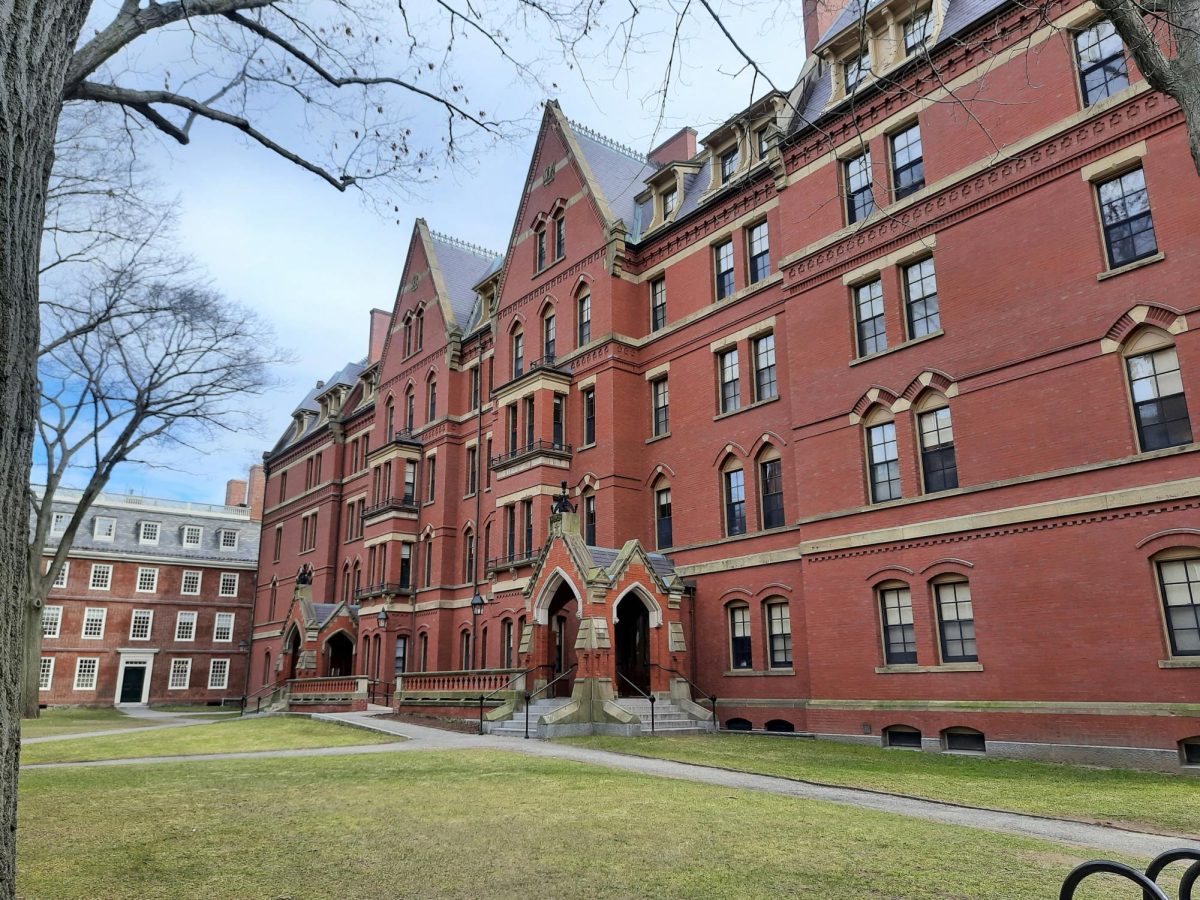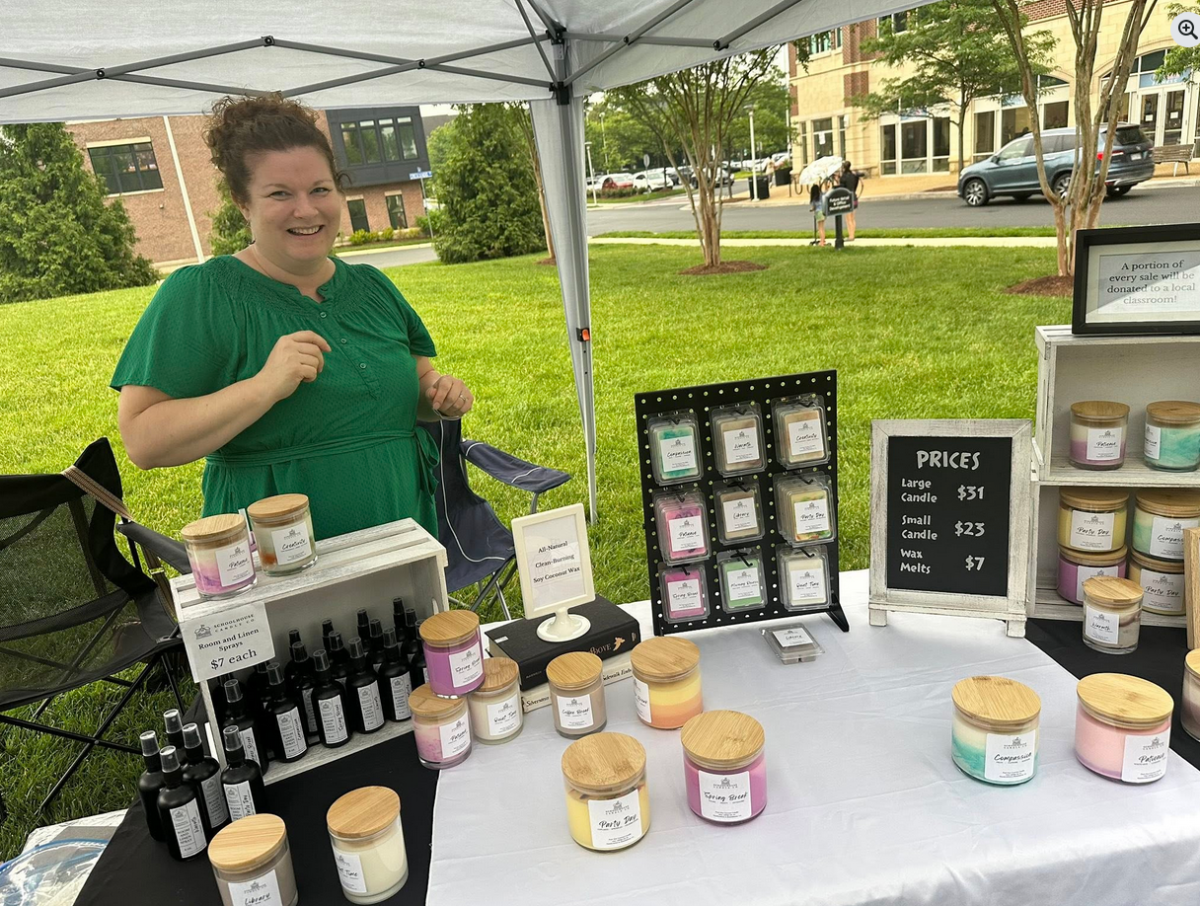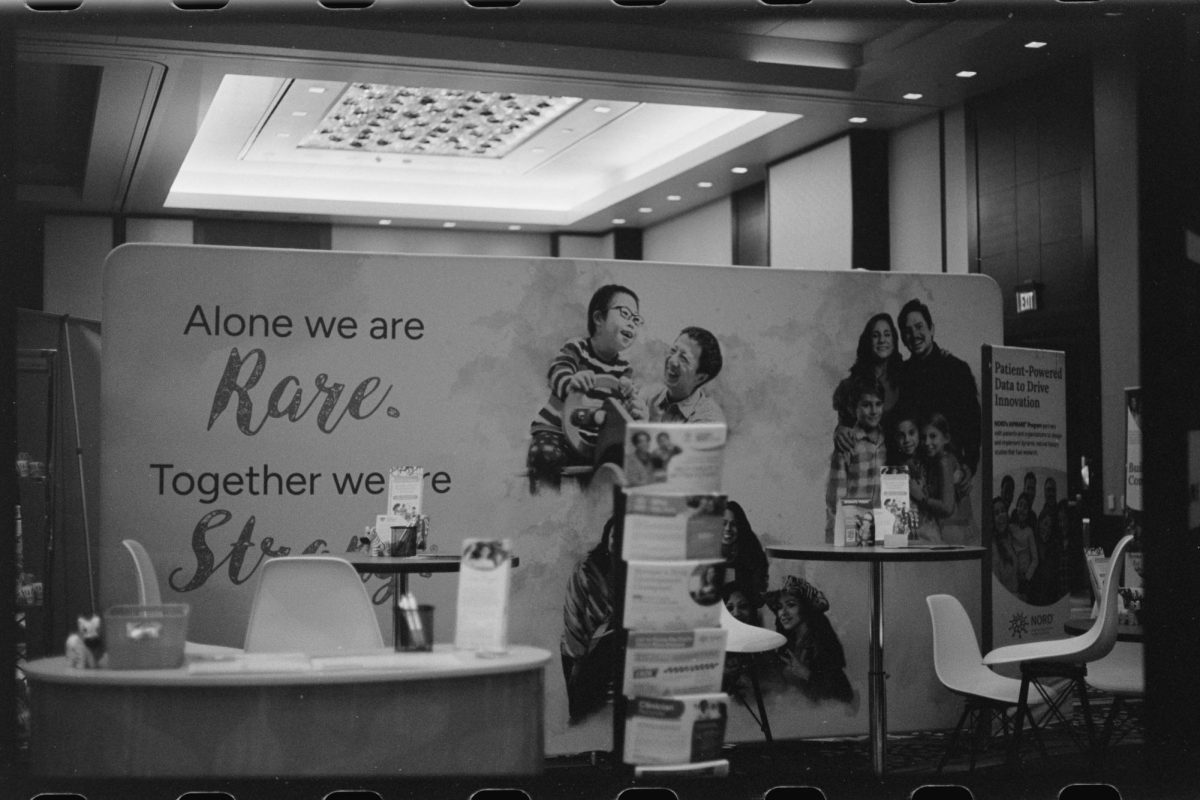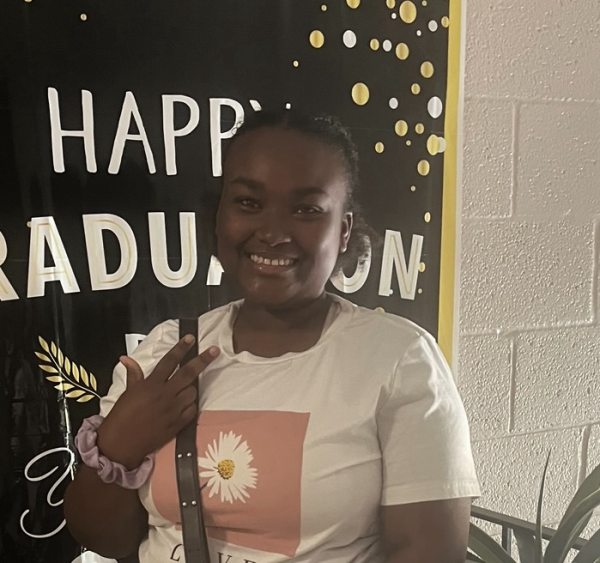Born in 1952, Deborah Washington Brown was a changemaker. She grew up in Washington D.C. as the youngest of four siblings. Her mother was a hairdresser, and her father was a taxi driver. Her parents worked hard to give their children the opportunity to explore their passions and dreams. For Brown, these were music and math.
According to her alumni profile from Harvard University, Brown was the smart one of the family. Besides being accomplished at math, Brown was also an amazing musician, having competed in competitions and played at several prestigious places including Carnegie Hall.
After graduating from high school, Brown was accepted into the New England Conservatory of Music to study classical piano. Music was her true passion, but after overhearing one of her teachers say she wouldn’t get far because her father was a taxi driver, she dropped out. Brown’s daughter told Harvard University’s press that her mother did not speak much about it. But even her crushed hopes did not stop Brown from moving on to something great.
Brown invested in her other passion: math. She enrolled in Lowell Technological Institute, graduating in 1975 with honors and a bachelor’s degree in math. She also earned a prestigious IBM Fellowship to help pay for her graduate studies.
Nobody knows what motivated Brown to continue and apply to the Harvard PhD program. Harry R. Lewis, was on the admission committee at the time, remembers looking at Brown’s application. He was impressed by the beautiful writing but then he saw that the applicant came from Lowell.
“When I glanced at an application from Lowell, I nearly set it aside without a second look. Then I saw the name, Deborah Blanche Washington, and considered it more closely,” he told the Harvard University press. “There were no Black students in our program at the time.”
Brown had perfect writing, amazing grades and excellent letters of recommendation. She was later admitted to the Harvard Ph.D. program. While in college, Brown was academically successful and earned the respect of both teachers and peers. In 1981, she was elected to be a Commencement marshal.
That year, Brown became the first African American woman to graduate with a PhD in applied math. After graduation, Brown worked with Norden Systems on missile defense technology, but her life’s work was centered around artificial intelligence and speech recognition. Working at Speech-Soft Solutions as a speech scientist and speech technology specialist, she continued to be a role model for African American women.
Brown spent the rest of her life tackling tricky computer science problems, teaching and reviving her passion for music. And today she is awarded and known as the first female African American computer scientist.





